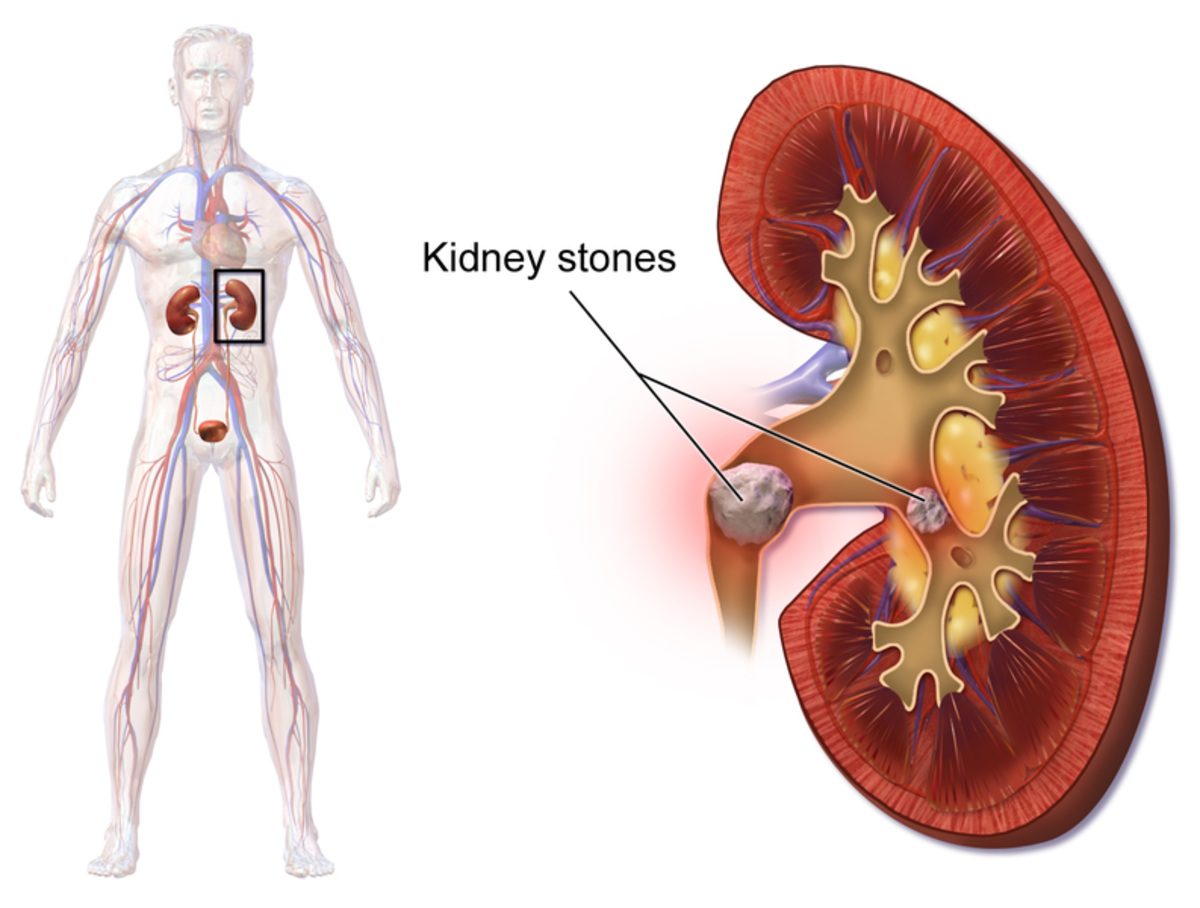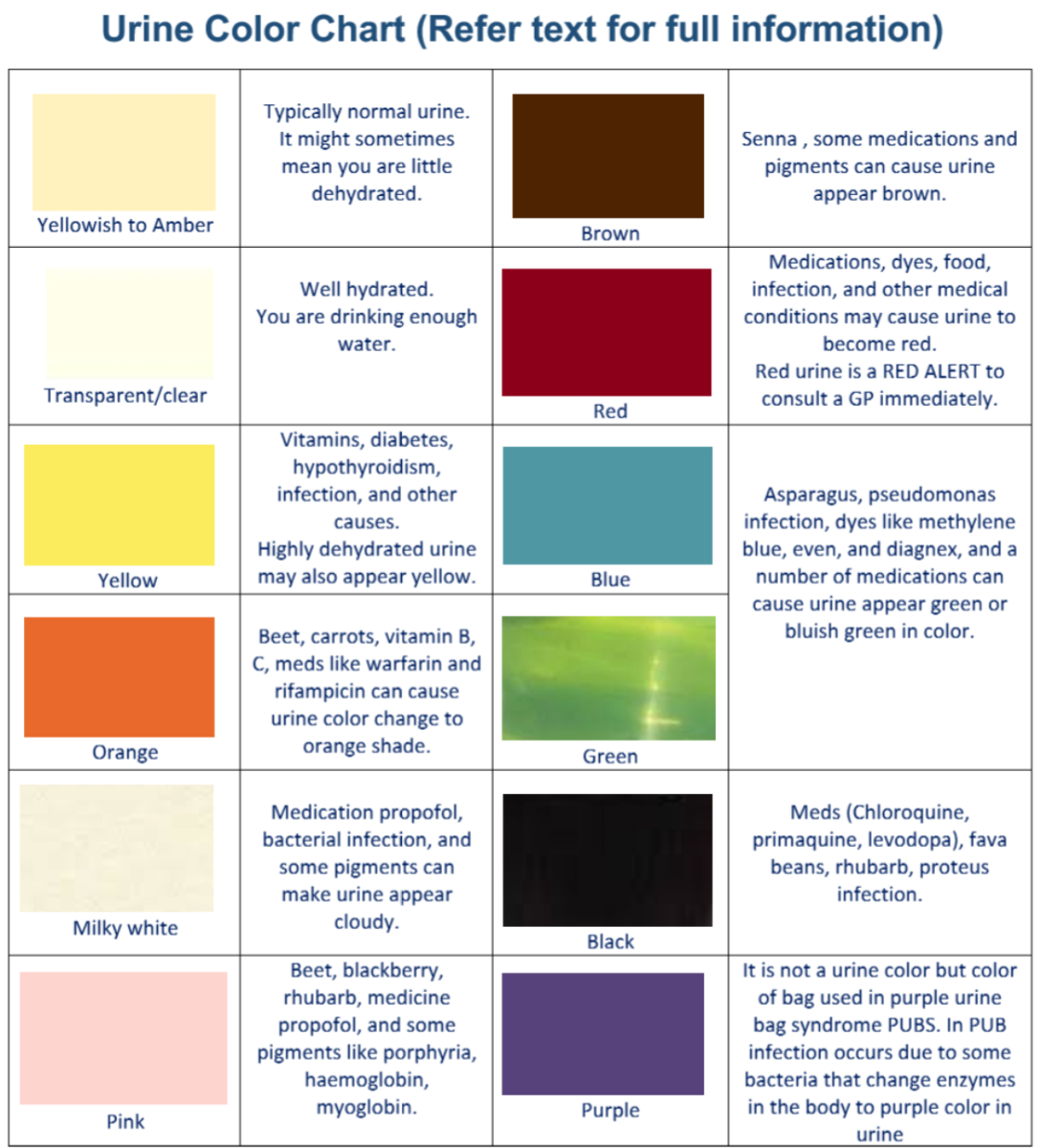Why we become locked into negative thinking

Although we are often told how helpful it would be to change our negative thought to positive ones, that can be easier said than done. You might expect that this is a lack of “will power” on our part and shows some kind of flaw in our character, but this is not so. It can actually be very difficult to think positively in certain situations, due to the way our brains are wired.
Human brains are complex pieces of biological hardware. During our evolution we have passed through various stages of development and still hold on to some of the vestiges of our simpler relations.
Our brains are actually made up of three parts:
-
the reptilian brain, or basal ganglia, which manages our automatic body functions like taking a breath or regulating our internal body temperature
-
the emotional brain, or limbic system, which generates our emotions stores some of our memories and turns our stress responses on or off
-
the cortical brain, where our creative and critical thinking goes on
The gate-keeper of the brain is the recticular activating system, or RAS. This is the brain's filter and helps us to focus without becoming overloaded with information. This is the same area of the brain that will brings to your attention all the cars that are like yours, all the families with kids the same age as yours and I believe is the basis for how “the secret” works (but more on that another time perhaps).
Negative thoughts are related to self preservation and arise in the primitive brain. They protect us by allowing us to act instinctively to a perceived threat, even if this threat is never actually processed consciously. This process means that we can respond to dangerous situations very quickly which is great if we are about to be pounced on by a wild animal, but not so good if the subconsciously perceived threat is an unrealistic work deadline. The result of these thoughts is that we can quickly become angry, anxious, and afraid which in turn can make us destructive in ways that might surprise us. When these thoughts migrate to our cortical brain this can lead to rumination and depression if we don't take steps to change our thinking.
Our positive thoughts arise in the frontal lobes of our cortical brains and motivate us to act more creatively. This type of thinking can bring us joy and gratitude and motivate us to help others. Unfortunately, when our reptilian brain is activated blood is diverted from the outer areas of our brains where this thinking can occur, therefore positive thinking can only really happen when we are feeling safe and secure (even if our fears are below a conscious level, and possibly from very old emotional wounds).
The reason why consciously replacing negative thoughts with positive ones can actually be very difficult, even when we really can't find any threat (real or otherwise), is due to the way that memories in the brain are stored. Our brains are designed to store negative memories more permanently, because during our evolution we have needed to access them quickly to literally save our lives...as the old saying goes once bitten twice shy! This is natural selection in action, but probably not the best adaptation for the modern world.









